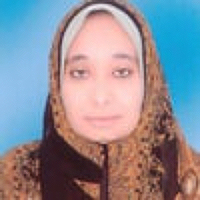Association of Cytokine Gene Polymorphisms with Inflammatory Responses and Sepsis Outcomes in Surgical and Trauma Patients
Published on: 19th February, 2024
Sepsis, a life-threatening condition triggered by infection, poses a significant healthcare challenge with high mortality rates. The interplay between genetics and the immune response in sepsis, particularly in surgical and trauma patients, is complex and critical. Genetic polymorphisms, particularly in cytokine genes like TNF-α, IL-6, and IL-8, have been extensively studied for their influence on sepsis susceptibility, severity, and outcomes. Polymorphisms can alter gene expression and cytokine production, leading to variations in immune responses. Studies have also explored polymorphisms concerning sepsis in genes encoding CD86, TLR4, and SIRT6. This review highlights the association between genetic polymorphisms and inflammatory responses, focusing on their impact on sepsis outcomes in surgical and trauma patients. Genetic variations play a significant role in sepsis risk, severity, and prognosis, with potential implications for personalized therapeutic strategies. Biomarkers such as cytokine gene polymorphisms may aid in predicting sepsis risk and guiding treatment decisions. Complementary therapies like acupuncture and novel biomarkers like microvesicles carrying mitochondrial content provide additional avenues for personalized sepsis management. Furthermore, multiomics approaches offer promise in predicting postoperative outcomes in surgical patients. Understanding the genetic basis of sepsis is essential for improving prevention, diagnosis, and treatment, ultimately leading to better clinical outcomes. Combining genomics, bioinformatics, and clinical expertise, precision medicine can revolutionize sepsis management by tailoring interventions to individual genetic profiles, thus enhancing patient care and outcomes.




